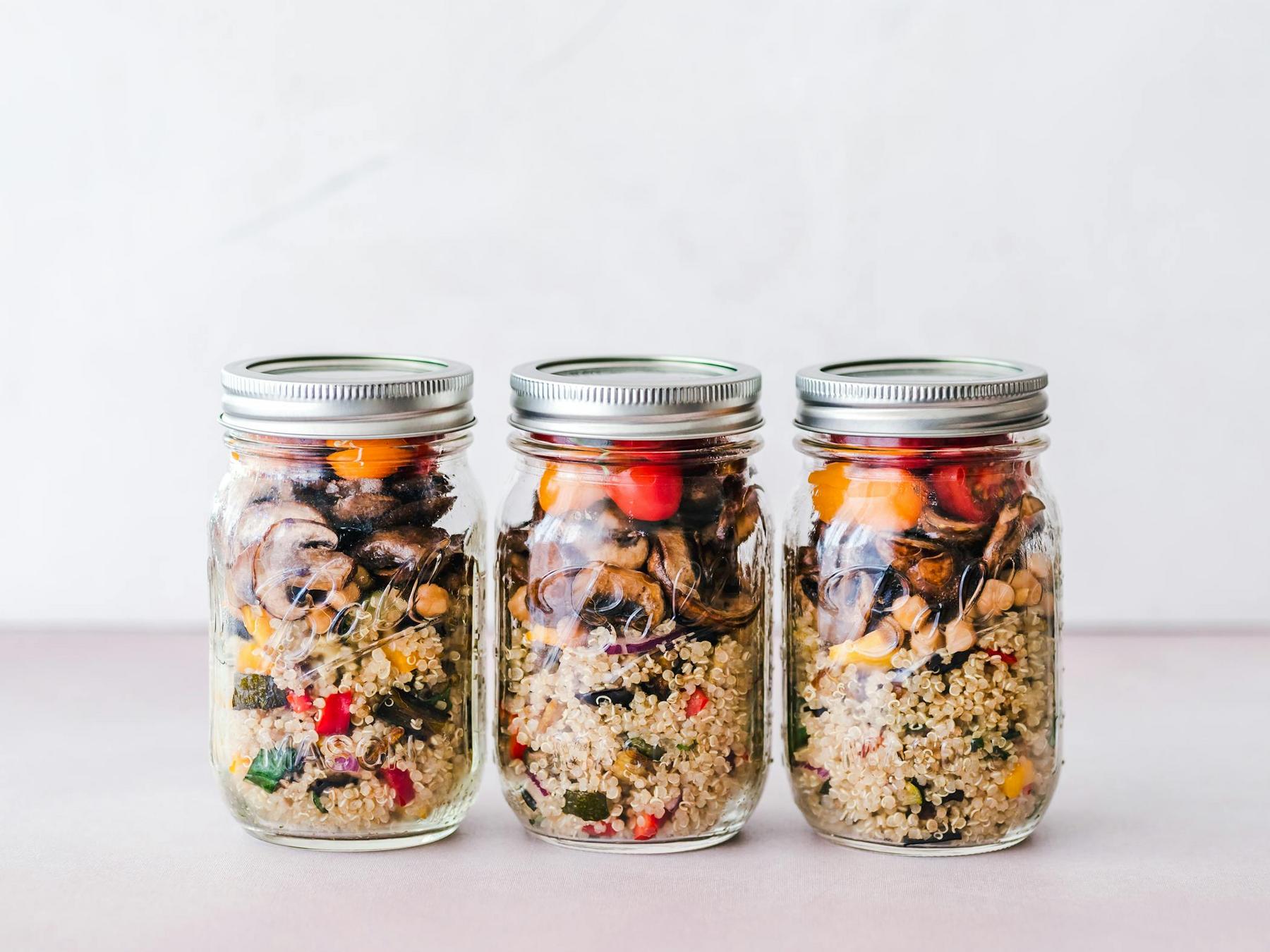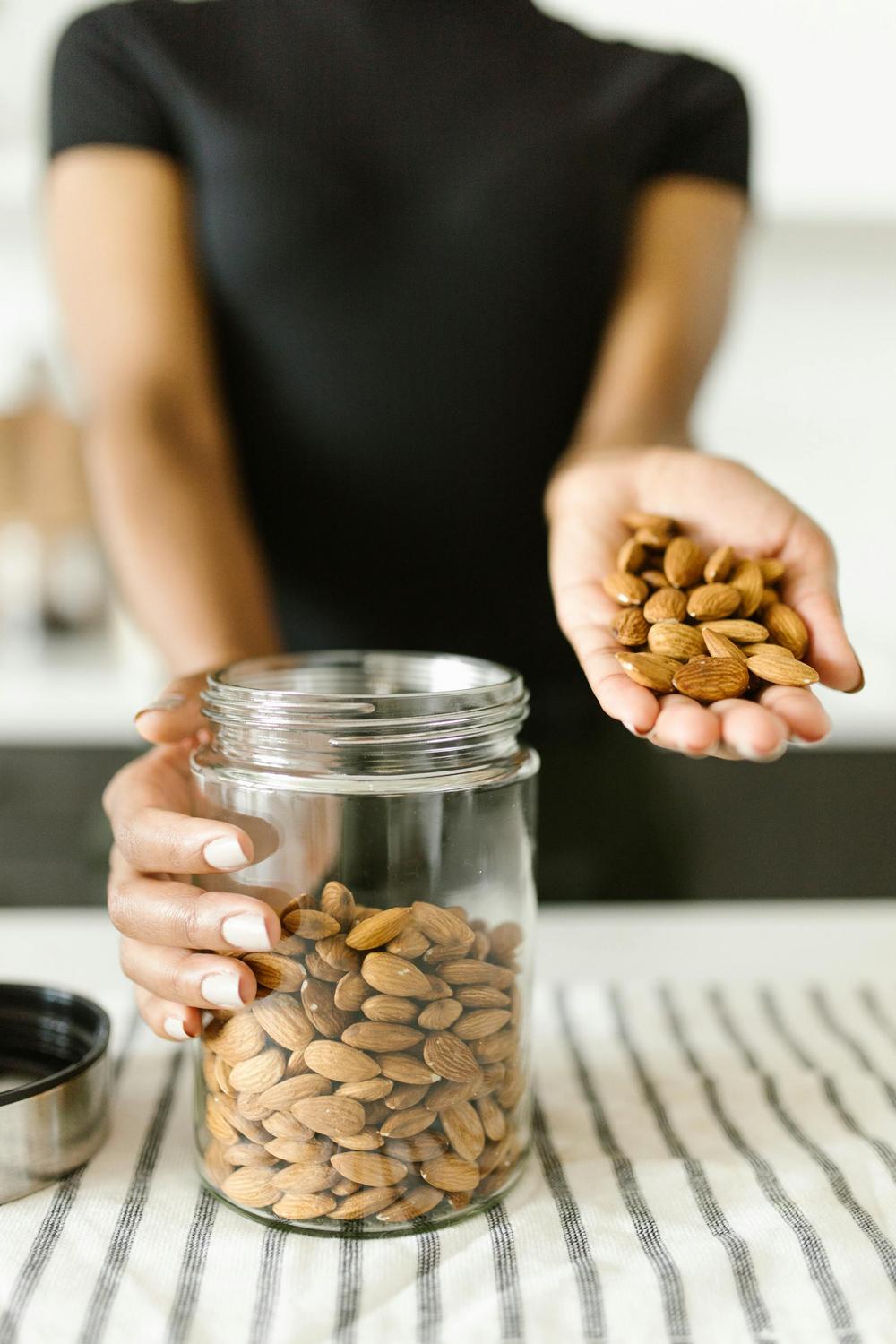The festive season presents unique challenges for weight management, with research indicating that Australians typically gain between 0.3–2 kg during holiday periods. This seemingly modest increase often remains unresolved post-celebrations, contributing to progressive weight gain over successive years. For individuals pursuing weight loss goals, navigating festive occasions requires strategic planning and evidence-based approaches that accommodate both health objectives and social enjoyment.
Why Do People Gain Weight During Holiday Seasons?
The holiday period creates a perfect metabolic storm through multiple mechanisms. Typical Christmas Day consumption can exceed 7,000 calories—approximately triple the recommended daily intake for most adults. This caloric surplus is characterised by significant carbohydrate overload, with festive meals often containing 60-70% carbohydrates from sources like stuffing, desserts, and sugary beverages.
The timing of holiday feasting further exacerbates metabolic disruption. Late-night eating—common during celebrations—creates a 27% larger glucose spike compared to daytime consumption according to controlled trials. This pattern disrupts normal circadian rhythms that regulate metabolism, creating physiological conditions that promote fat storage.
Additionally, holiday celebrations typically feature reduced protein density, with protein constituting less than 15% of total holiday meal calories. This macronutrient imbalance diminishes the thermic effect of food (TEF), reducing daily energy expenditure compared to balanced dietary patterns.
What Dietary Strategies Are Most Effective During Holidays?
Research demonstrates that strategic dietary modifications can significantly mitigate holiday weight gain without sacrificing enjoyment of traditional foods.
Protein Prioritisation
Clinical data shows that increasing protein intake to 25-30% of total calories reduces holiday weight gain by 43% compared to standard diets. Practical implementation includes:
- Consuming 20g protein 30 minutes before meals, decreasing subsequent calorie intake by 12-15%
- Allocating 50% of plate space to lean proteins such as turkey breast, fish, and legumes
- Selecting high-protein appetisers to promote earlier satiety during extended meal occasions
Glycemic Load Management
Modified recipes can reduce meal glycemic impact by 40% without compromising taste:
- Replacing 30% of potato content with cauliflower in mashed dishes lowers glycemic index from 85 to 52
- Using alternative sweeteners in baked goods reduces insulin response while maintaining sweetness
- Adding fibre sources to traditional dishes slows carbohydrate absorption and prolongs satiety
| Strategy | Implementation Technique | Effect on Weight Management |
|---|---|---|
| Protein Prioritisation | 25-30% of total calories from protein | 43% reduction in holiday weight gain |
| Pre-Meal Protein | 20g protein 30 min before meals | 12-15% decrease in subsequent calorie intake |
| Portion Control | Using 20cm plates instead of 25cm | 18% decrease in portion sizes |
| Post-Meal Activity | 15-minute walks after meals | 26% improvement in glucose disposal |
| Daily Self-Monitoring | Morning weigh-ins with tracking | Prevention of weight gain compared to controls |
How Can Behavioural Changes Support Holiday Weight Management?
The Winter Weight Watch Study demonstrated that daily self-monitoring with feedback prevented weight gain when compared to control groups. Effective implementation requires:
- Morning weigh-ins post-voiding for consistent measurements
- Data tracking to recognise patterns requiring intervention
- Pre-determined actions when weight increases (e.g., triggering additional activity at a +0.5kg gain)
Environmental modifications based on nudge theory can reduce unconscious eating by 22%:
- Placing vegetable platters at the entry point of buffets increases consumption by 35%
- Using smaller plates decreases portion sizes by 18%
- Opting for tall, slender glasses for caloric beverages cuts intake by 19%
Which Physical Activities Best Counter Holiday Weight Gain?
Physical activity interventions offer dual benefits by offsetting caloric intake while maintaining metabolic health.
Non-Exercise Activity Thermogenesis (NEAT)
Increasing NEAT can offset 45-50% of holiday caloric surplus through activities such as:
- 15-minute post-meal walks that improve glucose disposal by 26%
- Converting seated social time into active games like charades or dancing, which can burn 210-300 kcal per hour
- Adding incidental exercise such as parking further from destinations to increase daily step count
Structured Exercise
Maintaining routine exercise prevents 72% of typical holiday weight gain, as evidenced by National Weight Control Registry data. Effective protocols include:
- High-intensity interval training to sustain resting metabolic rate during periods of caloric surplus
- Resistance training twice weekly to preserve lean muscle mass
- Family-integrated workouts that improve adherence compared to solitary exercise routines
What Psychological Approaches Help Maintain Weight Loss Goals?
Cognitive strategies significantly impact holiday weight management. Key psychological predictors of success include:
- Goal Flexibility: Adopting maintenance goals during holidays improves adherence by 31%
- Selective Indulgence: Prioritising 2-3 favourite foods can reduce overall intake by 18%
- Stress Management: Daily mindfulness practices reduce stress-induced eating by 27%
Enhancing accountability through partnerships or professional check-ins can further improve outcomes, with studies showing up to a 58% reduction in holiday weight gain when structured support is provided.
How Should You Reset After Holiday Celebrations?
A structured post-holiday protocol can help reset metabolic function:
- Time-restricted feeding (e.g., a 14-hour overnight fast) improves insulin sensitivity by 29%
- Optimised sleep of 7.5 hours per night aids in regulating hunger hormones
- Increased prebiotic fibre intake supports gut health and enhances satiety signaling
Research shows that individuals who gain less than 0.5 kg during the holidays tend to maintain 23% greater weight loss over a five-year period, emphasizing the long-term benefits of effective holiday weight management.
Navigating Holidays While Preserving Health Goals
Although the holidays present significant weight management challenges, evidence supports that strategic interventions involving nutritional adjustments, physical activity, and psychological support can help individuals maintain their health goals. Integrating medical weight management approaches during high-pressure festive periods offers structured support that enhances long-term success.
Skip the struggles. Our patients achieve less than 20.2% weight reduction with medical weight loss treatments delivered straight to their door. No clinics. No waiting. Just results. See if you’re eligible for our treatments by taking our quiz.
How much weight do people typically gain during the holiday season?
Most individuals typically gain between 0.3-2kg during the holiday season. Although this gain may seem modest, studies indicate that the weight often persists post-holidays, contributing to gradual, long-term weight increases.
Which holiday foods are most problematic for weight management?
High glycemic foods that combine carbohydrates and fats are the most challenging during the holidays. Examples include stuffing, mashed potatoes with gravy, pastries, and alcohol mixed with sugary beverages, all of which can trigger significant insulin responses.
Can I enjoy holiday treats while still maintaining my weight?
Yes, selective indulgence is key. By strategically choosing 2-3 favourite holiday foods and controlling portions, it’s possible to maintain your weight while still enjoying the festivities. Techniques like protein prioritisation and portion control further help balance overall caloric intake.
What is the most effective exercise strategy during the holiday season?
A combination of maintaining structured exercise routines and increasing non-exercise activity thermogenesis (NEAT) is most effective. For instance, brief 15-minute post-meal walks and regular strength training can help mitigate calorie surplus and support metabolic health.
How can medical weight management help during holiday seasons?
Medical weight management offers structured support and accountability, ensuring that individuals implement evidence-based strategies tailored to their needs. Supervised programs have been shown to reduce holiday weight gain by up to 58%, making it a valuable approach during high-risk periods.



